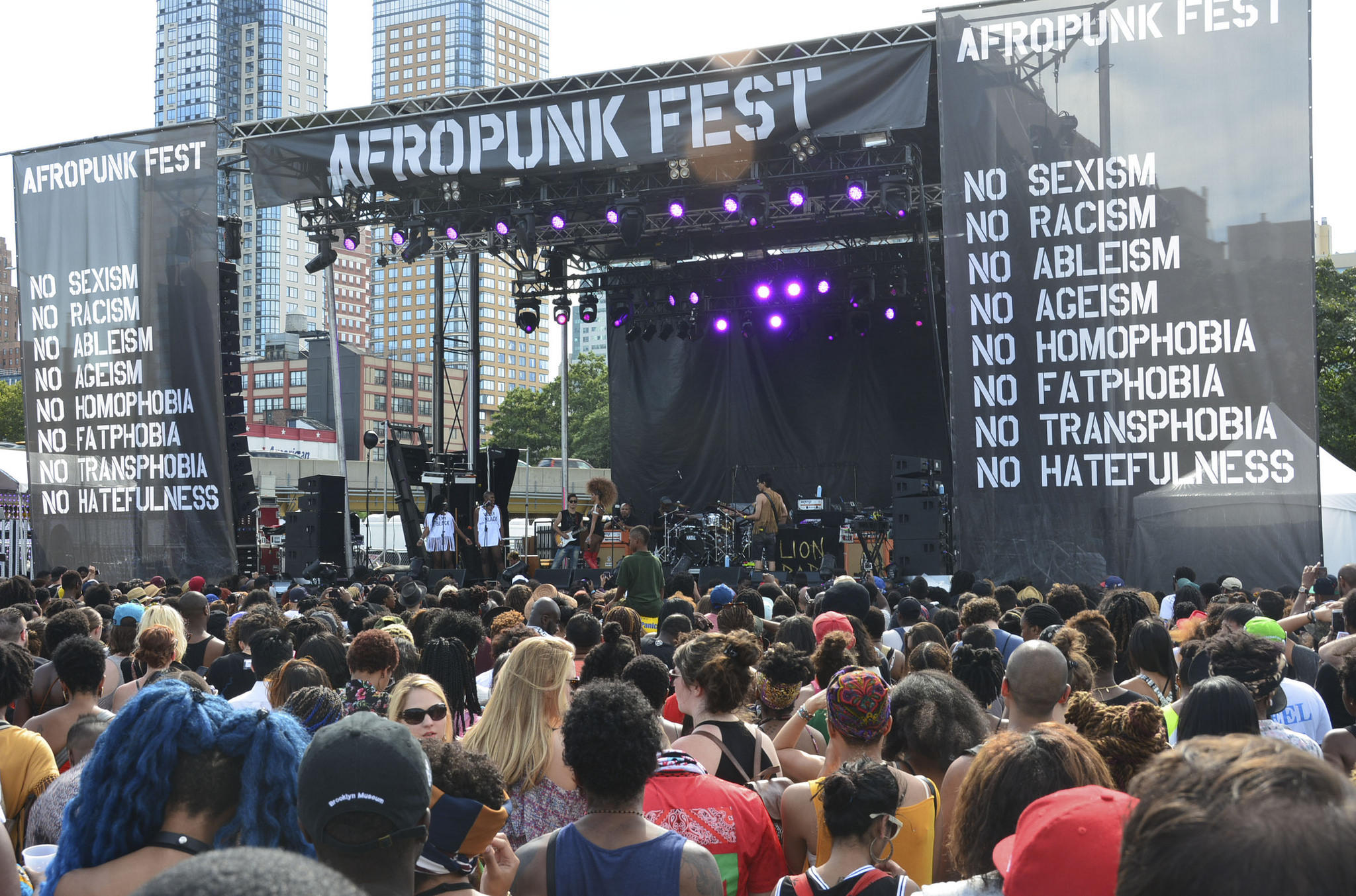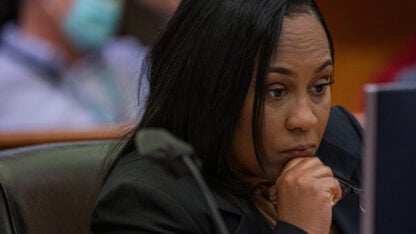‘Tis the season for music festivals in the metro-Atlanta area, and there is a new festival in town called Afropunk.
The festival’s roots are in New York, where it has held a festival for 10 years. This is the first year it has traveled to other cities in addition to its usual Brooklyn location. It was in Paris in May, and now it will be in Atlanta on Oct. 3 and 4 at Central Park.
Afropunk co-founded Matthew Morgan spoke with City Lights’s Gabbie Watts about how the festival transformed from 20 kids in a room to one of the most multicultural festivals in the country.
“Afro-Punk” was the name of filmmaker James Spooner’s 2003 documentary that focused on African-American young people in the predominately all-white punk scene. Spooner highlighted how these kids of color dealt with the dual identity of “punk” and “black” in a society that rarely associated those two identities.
Morgan became Spooner’s manager for the documentary, which premiered all over the country. At the time, Morgan had also been managing some musicians of color, who played punk and alternative music.
“Record companies weren’t interested in signing them,” said Morgan. “There seemingly wasn’t a market. Black kids didn’t listen to rock ‘n’ roll. There was no potential for them to be alternative musicians, so the industry was saying.”
Since the first festival in 2005, Afropunk has transformed from young people of color enjoying the wails of punk music to a multicultural festival with music that treads beyond punk.
Morgan, though, understands punk much differently than the traditional definition. “There’s isn’t a genre of music … It’s about pushing the genre in a different direction. People that take something they are inspired by and flip it.” Some of the musicians at the festival in Atlanta include Flying Lotus, D’Angelo, Public Enemy, Death Grips, Santigold, Tyler the Creator and Twin Shadow.
“The conventional punk-rock lifestyle [doesn’t] necessarily lend itself or was ever meant to lend itself to young kids of color,” Morgan said. “Afropunk is a mindset, and you are asked to constantly challenge yourself and the perceptions that we hold as individuals. There’s, you know, there’s some other similarities with some angst and rebellion, but really looking at what freedom means and what that means for you as an individual.”
In New York, the Afropunk festival draws about 60,000 people annually, but Afropunk is also a cultural movement. It has a massive social media presence, and it also hosts smaller concerts and events throughout the year. It promotes freedom of expression and more specific tenets like natural hair. “We’ve done a really good job at enabling these young kids of people of color feeling empowered with their identity.”
The festival has received criticism this year, however, as it has started charging for entry. Vice Media’s article “Is Afropunk Fest No Longer Punk?” and the New Yorker’s “Gentrifying Afropunk” quote fears that Afropunk will marginalize its audience of young people of color.
“We struggled for a long time in New York to maintain a festival,” Morgan said. “It grew, and we wanted to maintain the professionalism and the good record that we have. And that costs money.” To offset the cost for people who cannot afford it, the organizers are offering a program where you can earn a ticket through community service.
On choosing Atlanta as a festival destination, Morgan said, “Atlanta is the gateway to the South for us. It’s also been particularly in hip-hop a place – in hip-hop and R&B – a place where alternative to whatever the mainstream has been TLC or Outkast or Goodie Mob or Dungeon Family. There’s great history of musicians and alternative black history here. It’s a natural place for us to be.” He said Afropunk plans to setup an office here for future ventures.






